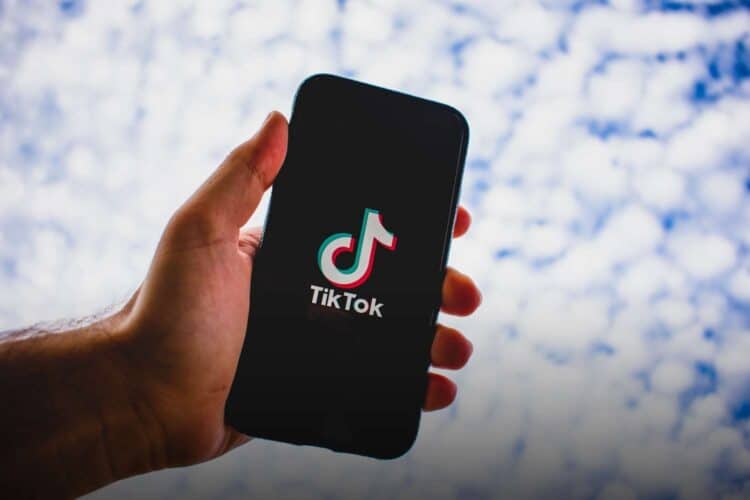ByteDance faces a significant ultimatum after the US House passed the ‘TikTok ban’ Bill, on Wednesday, setting a precedent that could have widespread implications for the app and its parent company.
US House passes ‘TikTok ban’ Bill
The US House of Representatives took a decisive step against TikTok, a popular short-form video-sharing app, by passing a bill that mandates ByteDance, TikTok’s Chinese owner, to divest the app’s US operations within six months or face a complete ban.
This legislative move, supported by a bipartisan vote of 352-65, marks a critical juncture for the app, which boasts around 170 million American users.
The bill’s future in the Senate remains uncertain, with differing opinions on the best approach to regulate foreign-owned apps posing security concerns.
What does this mean for TikTok?
For TikTok, the implications of the bill are profound.
A forced divestiture or a ban could disrupt the platform’s operations, affecting its user base, advertising revenues, and overall market strategy.
Such a move would not only impact TikTok but also signal to other social media platforms the importance of transparency, data security, and the geopolitical implications of their ownership structures.
Moreover, TikTok’s restriction on government devices in countries that are part of the Five Eyes intelligence group and the European Commission signifies a growing consensus on the app’s potential risks to national security.
These actions highlight the broader context of tension between ensuring digital innovation and protecting data privacy and national security.
Ultimately, the fate of TikTok in the US could influence global attitudes towards app governance, potentially catalyzing stricter regulations on data privacy and security worldwide.
Will the US TikTok ban Bill affect South Africa?
For South African users, the international discourse surrounding TikTok and data privacy resonates with local concerns about personal information security.
South African legislation, including POPIA, ECTA, the Cybercrimes Act, and RICA, provides a framework for protecting individuals’ data.
These laws emphasise lawful data collection, informed consent, and stringent cross-border data transfer regulations.
Despite this legislative protection, the onus remains on users to safeguard their privacy through vigilant management of app permissions and personal data.






